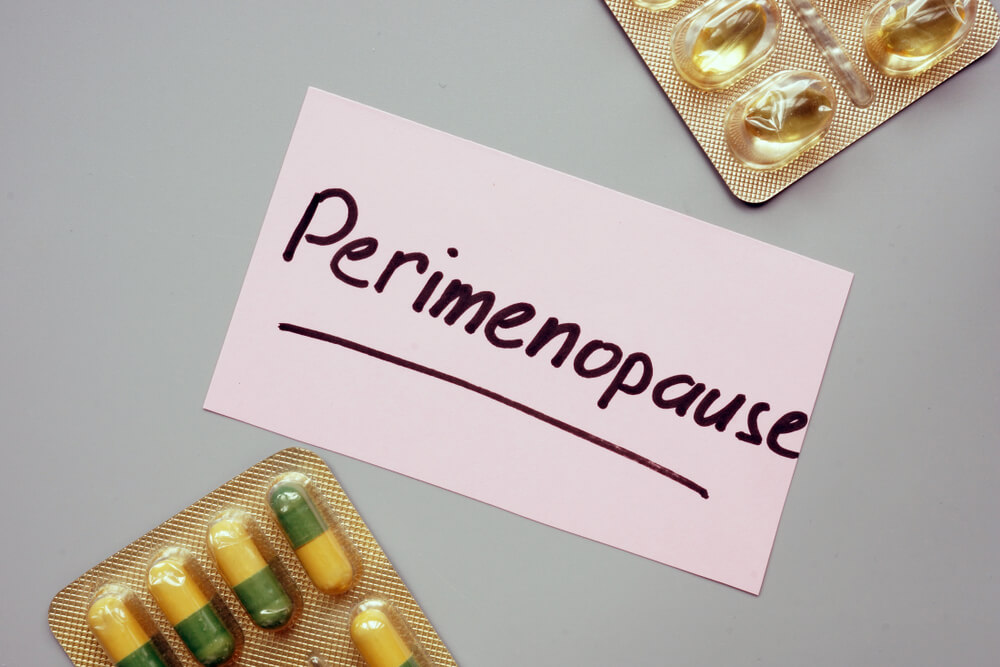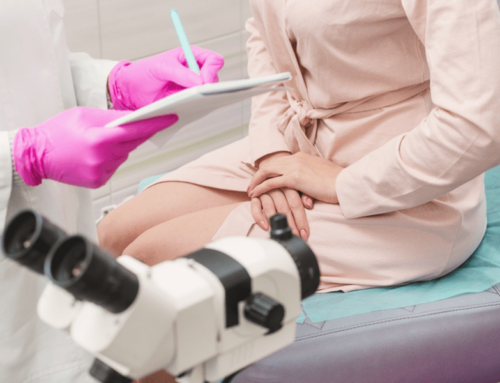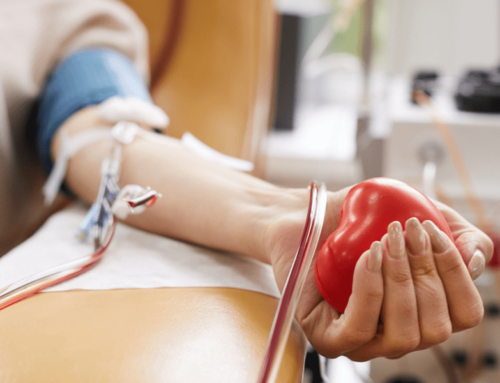Women of all ages should take good care of their reproductive health and have regular check-ups. This is important because it can help discover serious health issues on time and reduce the chances of further complications. Talking to your gynecologist about everything you want to know is crucial to be in the know of what is going on with your body.
Once they hit 40, many women start experiencing perimenopause symptoms, which can make them confused and hopeless. This doesn’t have to be the case and we want to give you an outline of the most common changes women go through during this time before the menopause starts.
What Is Perimenopause?
Perimenopause, the change, or menopause transition, is the period before the real menopause starts. During perimenopause, a woman’s ovaries gradually start producing less and less estrogen, until the complete stop when a woman enters menopause. This is a transition period from premenopause to menopause and can last from a few months to a few years.
There is no way to know how long it can last or how much the symptoms can affect a woman’s lifestyle and health, but many women report feeling similar as if they were in menopause. Most women go through this transition period before hitting menopause, except for those who have sudden, induced menopause after their ovaries have been removed.
When Does Perimenopause Start?
Perimenopause commonly starts at 40 but considering that every woman is unique in her own way, this can vary significantly. Some women go through this phase as soon as they turn 30, while others don’t have any symptoms until the age of 50. It’s important to know that, during perimenopause, the chance of getting pregnant still exists. If you don’t want to get pregnant it’s a good idea to explore your birth control options. If you are planning a pregnancy, consult with your gynecologist.
The best way to know what your body is going through is by paying attention to any changes that occur over time and consulting your gynecologist for further information. They can run certain tests such as measuring your hormonal levels and diagnose perimenopause if that’s the case.
Signs of Perimenopause
Some of the most common signs and symptoms of perimenopause include the following:
- Breast tenderness
- Hot flashes
- Irregular periods
- Fatigue
- Lower sex drive
- Sudden mood swings
- Bad premenstrual syndrome
- Vaginal dryness and discomfort during sexual intercourse
- Urinary leakage and urgency
- Problems with sleeping
Every woman experiences this phase differently, but you should know that the symptoms mentioned above are usually normal. However, you should consult your gynecologist if you experience unusual symptoms such as:
- Periods that are too close together or too far apart
- Spotting after sexual intercourse
- Periods that last longer than usual
- Uncommon spotting between periods
Trogolo Obstetrics and Gynecology offers different types of examinations and tests that can help diagnose perimenopause and determine the cause of the problem. We can help you in understanding what you are going through and provide you with minute care and treatment. Contact us today and book an appointment with someone from our team to have a thorough examination.

Alleviating Perimenopause Symptoms
The best way to alleviate your perimenopause symptoms is to consult your gynecologist and find the best option for you. Many women say that using birth control at this time helps a lot, but there are other options such as vaginal rings, skin patches, and progesterone injections. Perimenopause periods can really be problematic for some women, so it’s important to do everything in your power to control the situation and minimize the symptoms.
Once you consult your gynecologist, they might run a few tests and do some examinations to determine the best treatment options for you. In addition to this, they might suggest some lifestyle changes that can significantly help reduce your perimenopause symptoms and help you prepare for menopause. These can include things such as:
- A healthy and balanced diet
- Regular exercising
- Avoiding smoking or stopping completely
- Establishing a good sleeping routine and getting at least 7 hours of uninterrupted sleep every day
- Drinking less alcohol or avoiding it altogether
- Incorporating a combination of vitamin and mineral supplements into your diet
These are only some of the things you should know and pay attention to when it comes to the perimenopause phase. Depending on your plans and goals, you should talk to our gynecologist to determine the best treatment options that meet your needs. Make sure to be aware of all the risks and possible complications and never hesitate to talk openly to your doctor because our job is to help you go through this phase easily and without even noticing it. Schedule your appointment today.





